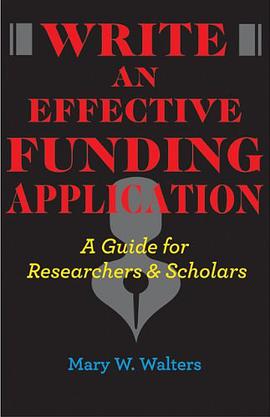

具體描述
The bully pulpit is one of the modern president's most powerful tools-and one of the most elusive to measure. Presidential Rhetoric and the Public Agenda uses the war on drugs as a case study to explore whether and how a president's public statements affect the formation and carrying out of policy in the United States. When in June 1971 President Richard M. Nixon initiated the modern war on drugs, he did so with rhetorical flourish and force, setting in motion a federal policy that has been largely followed for more than three decades. Using qualitative and quantitative measurements, Andrew B. Whitford and Jeff Yates examine presidential proclamations about battling illicit drug use and their effect on the enforcement of anti-drug laws at the national, state, and local level. They analyze specific pronouncements and the social and political contexts in which they are made; examine the relationship between presidential leadership in the war on drugs and the policy agenda of the Drug Enforcement Administration and the U.S. Attorneys; and assess how closely a president's drug policy is implemented in local jurisdictions. In evaluating the data, this sophisticated study of presidential leadership shows clearly that with careful consideration of issues and pronouncements a president can effectively harness the bully pulpit to drive policy.
著者簡介
圖書目錄
讀後感
評分
評分
評分
評分
用戶評價
相關圖書
本站所有內容均為互聯網搜索引擎提供的公開搜索信息,本站不存儲任何數據與內容,任何內容與數據均與本站無關,如有需要請聯繫相關搜索引擎包括但不限於百度,google,bing,sogou 等
© 2025 book.quotespace.org All Rights Reserved. 小美書屋 版权所有




















